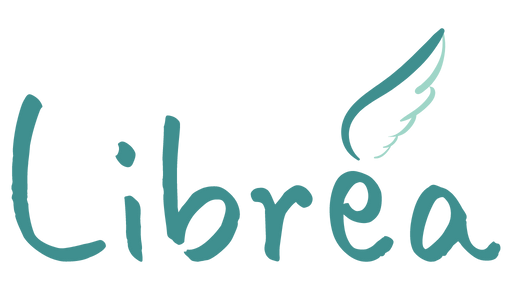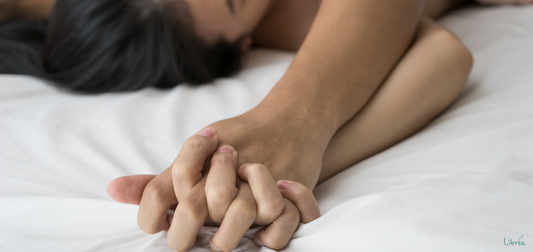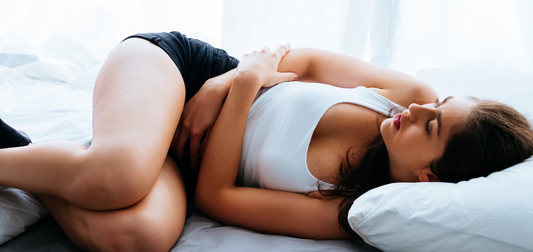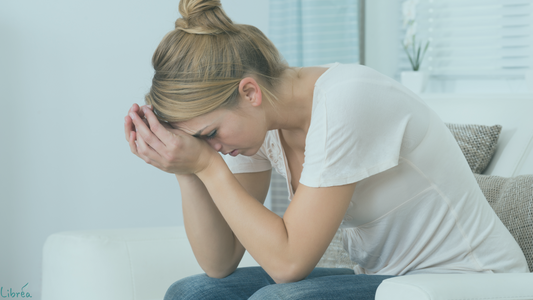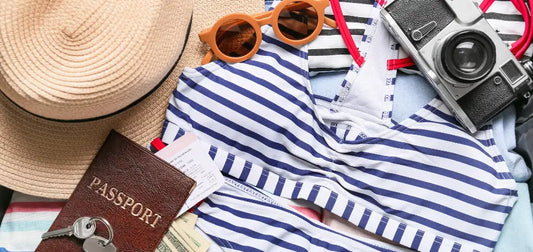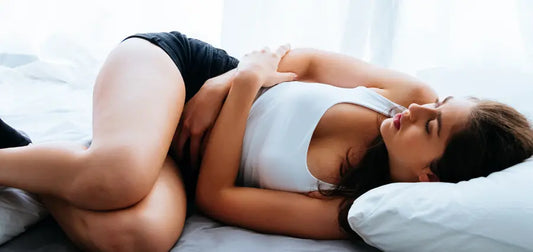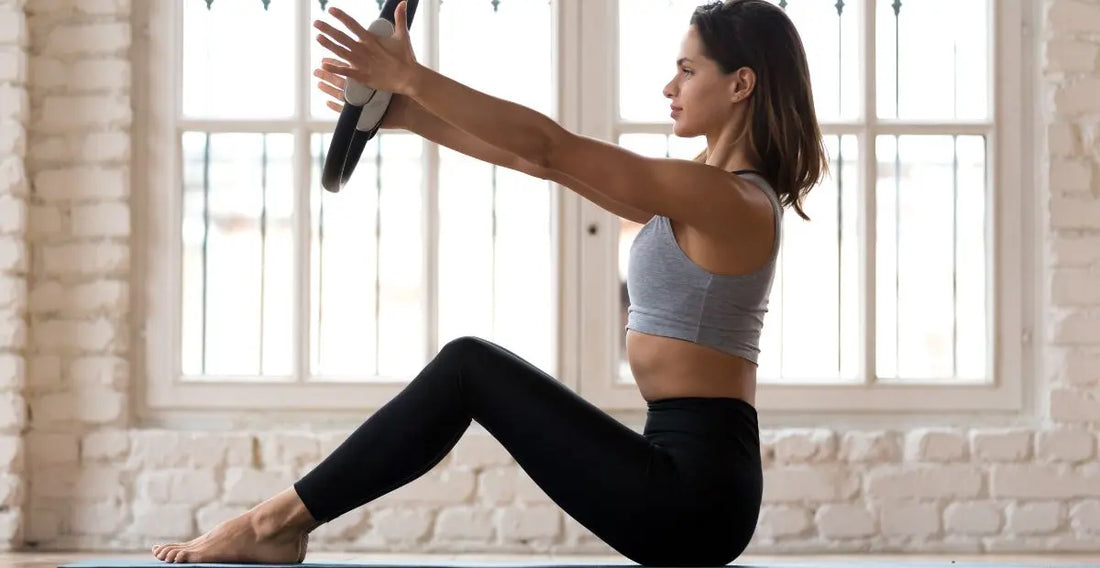
Sport during menstruation - what physical exercises can I do?
Share
Every girl will ask herself at least once: "Can I exercise when I'm on my period?" or "Is it good to go to the gym when I'm on my period?"
Did you find yourself here too?
Exercising during your period may seem counterintuitive, but it can help relieve menstrual symptoms.
Menstruation is a normal part of life, and no matter how uncomfortable some days are (pain, nausea, dizziness, etc.), many people choose to exercise during their period. And that's totally fine.
4 realities regarding the girls' relationship between sport & menstruation
A study* revealed some truths about how menstruating girls (and women) feel when they exercise. Here's what we're talking about:
- Many girls stop exercising because of shame, pain or fear of menstrual bleeding;
- The discomfort created by single-use products, the opinions of coaches, the lack of education and training cause female athletes to be afraid of leaks, psychologically affecting their sports performance;
- 3 out of 5 teenage girls give up sports because of the fear of leaking or revealing the fact that they are menstruating;
- 1 in 2 girls experience discomfort from disposable menstrual products (tampons and pads).
We know, we know, it's outrageous and very sad at the same time.
Although the topic of "menstruation" is no longer taboo (or at least we hope so), women and girls need to be helped to feel more comfortable and stay active during their period.
*Recent study by PUMA and Modibodi
Did you know that in each phase of the cycle your body is more ready (or not) for sports?
Have I piqued your curiosity? :)
Women can be active during their cycle!
Oh yes, we really can!
Because the menstrual cycle is throughout the month, not just during those 4-6 days when we bleed. Our body goes through 4 phases (menstruation, follicular phase, ovulation and luteal phase), and along these, physical and mental abilities are influenced differently.
It is useful to know what you can expect in each phase of the cycle (because every body is different and we cannot fix a general truth valid for everyone )
But, first of all, let's understand (briefly) what the 4 phases are:
- Menstruation - you already know it, it's the phase that lasts about 3 - 7 days. Some of the tissue and blood vessels of the lining of the uterus are eliminated through the vagina in the form of menstrual fluid.
- Follicular phase - this phase begins after menstruation and lasts 7 - 10 days. Over time you will notice that the cervical fluid has a more moist and creamy consistency.
- The ovulatory phase - is the shortest phase and lasts 1 - 2 days.
- Luteal phase - this lasts between 12 - 16 days.
 The complete collection of period panties will help you get through the week stress-free.
The complete collection of period panties will help you get through the week stress-free.
Now that we've identified them, let's take them one at a time and see what happens to our bodies and which exercises are more suitable than others.
Menstruation
For starters, there's no scientific reason why you should stop working out during your period. But what actually happens during this time and how can you best support your body?
During this phase, your uterus sheds the mucus it has accumulated throughout the month. At the start of your period, progesterone and estrogen levels will be at their lowest, which, along with blood loss, can make you feel more tired than normal. As menstruation progresses, these hormone levels will gradually increase.
If you feel tired or have other symptoms (pain, nausea, dizziness) in the first days of your period, you may not be able to do much intense physical exercise. And you don't have to put pressure on yourself to work out. :)
However, if you feel able to exercise, there is no medical reason that would prevent you from doing so. Exercise can be a good way to treat and manage menstrual symptoms (and yes, it's okay to run when you're on your period). Listen to your body and do what feels right for you.
What exercises could you do on your period?
You may have heard conflicting messages about how you should exercise or whether you should exercise during your period. However, there is some evidence to suggest that regular, continuous exercise may help reduce menstrual cramps.
A 2016 study published in the National Center for Biotechnology Information found that participating in the well-known yoga class for just 60 minutes once a week for 12 weeks helped reduce menstrual cramps in a group of students.
Interesting, right?
But what you choose to do depends only on you and how you feel. Still want to stay active during your period without heavy exercise?
Here are some suggestions:
- Relaxing yoga positions or stretching;
- Walking or light cardio exercise;
- Lighter strength training (ie reduce the weight you lift);
 Menstrual panties bring comfort and protection to any event in your week.
Menstrual panties bring comfort and protection to any event in your week.
Follicular phase
You've had your period - you're now in the follicular phase of your cycle. Here's what's happening now.
The follicular phase actually begins on the first day of menstruation and continues until ovulation begins. This is usually between days 1 and 11 of your menstrual cycle. During this phase, your body creates a hormone known as follicle-stimulating hormone (FSH) - hence the name follicular phase. This hormone sends a signal to the ovaries to release eggs for the ovulation phase, each of which is housed inside a follicle.
"Okay, okay… But what's going on in my body?"
I heard you. :)
After your period ends, estrogen levels get a boost as your body prepares to release an egg - which is usually associated with increased energy levels.
What exercises should I do during the follicular phase?
With increased energy, the follicular phase is a good time to challenge yourself or try new things in your exercise routine . Here are some suggestions:
- High Intensity Interval Training (or HIIT) - because these exercises are great when your energy levels are up;
- Box;
- Strength training (now is the right time to add another 0.5 kg to your training routine - if necessary)
 Reusable absorbent pads are good protection when you want to do sports during your period.
Reusable absorbent pads are good protection when you want to do sports during your period.
Ovulation
Here is the climax. :) You'll still have high levels of estrogen from the follicular phase, while also having increased levels of luteinizing hormone (LH - it's what triggers the body to start ovulating) and FSH.
Win - Win. Like the follicular phase, ovulation is characterized by a surge of energy (but greater).
If this is also the case for you, you can make the most of this by doing higher intensity workouts.
What exercises should I do when I ovulate?
You can usually continue to do the same high-intensity exercises you did during the follicular phase. Or you can change the cardio exercises you normally do. If you usually cycle, you could try running.
 Menstrual panties are not visible under leggings thanks to seamless technology.
Menstrual panties are not visible under leggings thanks to seamless technology.
Luteal phase
In the early part of this phase, you will probably still have energy from ovulation, which will decrease as you get closer to your period. The luteal phase is characterized by a peak in progesterone levels - which can make some people feel drowsy. We say this for those of you who do endurance training or prepare for marathons, especially in hot and humid conditions.
What exercises should I do during the luteal phase?
It's perfectly fine to continue your workout routine, but you may find it more difficult than usual to finish each set at your usual intensity.
You can also call:
- Yoga or Pilates;
- Low intensity cardio;
 Diana is wearing size S period panties.
Diana is wearing size S period panties.
As you can see, each phase is special, but no one stops you from exercising. Maybe you could consider getting your…
Track your cycle so you can adjust your exercise accordingly
You can do this the old-fashioned way, using your calendar or diary, or you can use a period tracker app to monitor your period and symptoms. Choose what is most comfortable for you. :)
Cycle tracking can allow you to become more familiar with how your unique cycle works and how different phases of your cycle affect your energy levels, mood, and exercise performance. And if you sometimes don't feel like exercising, try not to judge yourself: this is often a signal sent by your body saying "Let's take a break, please!".
And if you want to feel super comfortable during your workouts, choose the reusable pads or Libréa menstrual panties. Now also available on Decathlon Marketplace. We are proud of our trusted partnership with this sports leader!
#Libréagurl
